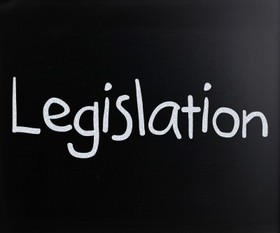Is it Legal? Listing a Property on Airbnb or VRBO in California
All too often new ideas get ahead of the law. Airbnb and VRBO are examples of just such a situation. Real estate lawyers are being inundated with calls from landlords who are receiving citations from their cities, fines from their homeowners’ association, and/or are receiving complaints from neighbors because their tenants have jumped on the Airbnb bandwagon to make some extra money. While municipal laws such as those enacted in San Francisco are emerging regarding short term rentals, the courts are starting to make rulings strictly prohibiting a tenant from making their apartment available as a short term rental. Many of you may be reading this blog because you are wondering; “Is it legal for me to list my place on Airbnb?”
In Chen v. Kraft, a California appellate court found that using an apartment as a bed and breakfast or as a transient occupancy residential structure was a violation of zoning laws. Courts and cities throughout California have addressed this issue differently. New laws are being enacted each month in different cities and counties throughout California. With all of this confusion, you should consult a real estate attorney who specializes in landlord tenant issues to find out what you can and cannot do with respect to short-term rentals.
Problems Caused By Short Stay Rentals
While it may seem like a fine idea to rent a room or your entire home out for some extra cash, problems abound when people try to circumvent many of the regulations that hotels and inns must follow. Companies such as VRBO and Airbnb do not provide legal support and often short term rentals violate local ordinances. When people list their apartments or homes, they do not pay the tourism taxes that hotels do. Most landlords do not appreciate having their residential units turned into hotels yet they have been able to use the short-term rental concept as a means of circumventing local rent control laws by taking their unit off the market for long-term housing and then offering it to visitors and tourists. Continue reading
 California Business Litigation Attorney Blog
California Business Litigation Attorney Blog




